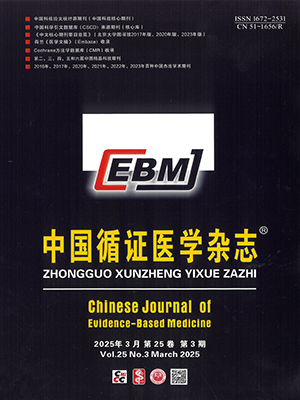Objective To investigate the patient’s psychological anticipation and occurrence of chemotherapy-induced nausea and vomiting (CINV), and to assess the influence of CINV on quality of life, so as to provide evidence for clinical doctors to recognize and pay attention to CINV.
Methods The patients in the Tongji Hospital affiliated to Tongji Medical College of Huazhong University of Science and Technology who took either moderately emetogenic chemotherapy (MEC) or highly emetogenic chemotherapy (HEC) were randomly sampled with a questionnaire for two circles. Patients were asked to record the following indexes before chemotherapy, on the second day and the sixth day of chemotherapy: acute and delayed nausea and vomiting, independently taking antiemetics, and functional living index-emesis (FLIE). Then, descriptive analysis and multiple linear regression analysis were adopted for the outcomes of investigation.
Results A total of 344 patients were investigated, of which 303 fulfilled the questionnaire finally. For the single-day chemotherapy, the acute nausea and vomiting, delayed nausea vomiting and overall complete remission in the MEC group were 86.1%, 76.6%, and 71.5%, respectively; while those of the HEC group were 84.1%, 71.0%, and 66.7%, respectively. For the multi-day chemotherapy, the acute nausea and vomiting, delayed nausea vomiting and overall complete remission were 93.8%, 64.9%, and 64.9%, respectively. Patients’ expectation of nausea and anticipatory anxiety was closely related to the delayed nausea in their prior circle of chemotherapy. Based on the FLIE assessment, about 30% of all patients reported reduced daily living function.
Conclusion CINV remains a significant problem among patients in China, especially in controlling the reaction during delayed phase and nausea as well. It requires that more attention should be paid to CINV and more effective prophylaxis should be adopted in clinical practice.
Citation: DONG Shuang,YU Shiying. Status Survey on Chemotherapy-Induced Nausea and Vomiting. Chinese Journal of Evidence-Based Medicine, 2013, 13(6): 687-691. doi: 10.7507/1672-2531.20130122 Copy
Copyright © the editorial department of Chinese Journal of Evidence-Based Medicine of West China Medical Publisher. All rights reserved




